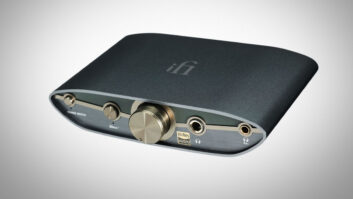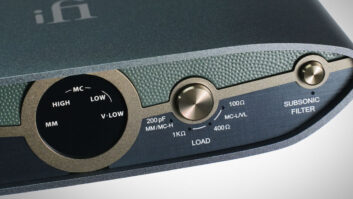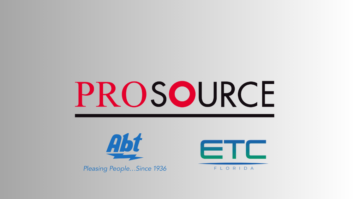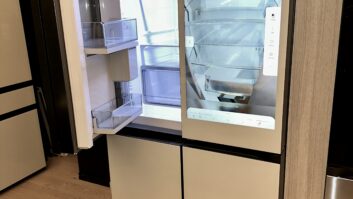New factory BMW GPS and radio systems now let users choose songs by voice input and also respond to more “conversational” speech for inputting addresses for navigation, said Nuance Communications, which supplies speech technology to BMW.
Nuance also said it commissioned a study that found voice input can drastically reduce driver distraction.
New 2010 BMWs improve voice input over past models by allowing users to select a title, artist, album or genre of an MP3 by voice, a first for BMW. Users can also switch between manual control and speech control of music and navigation for the first time from the car maker.
Drivers can also input full addresses, such as “1 Fifth Avenue, New York, N.Y.”, instead of having to first state a city and then a street, etc. in increment, and waiting for confirmations of each entry, as required in earlier BMW models, said Nuance.
“Speech technology is increasingly becoming a key automotive interface as it allows drivers to remain focused on the road,” said Arnd Weil, general manager for Nuance Automotive.
The company also issued results of a driver distraction study from July that measured lane changes while performing tasks in the car.
The study found speech input of addresses resulted in 10 times less swerving while driving and 30 percent less distraction while changing lanes, than manual address input.
The study found that the average driver is 50 percent more distracted and takes more than two times longer for lane changes when selecting music manually, compared with selecting music verbally.
Nuance also studied the difference between conversational speech input and older, conventional voice entry that requires confirmations and rigid parameters of speech. The conventional input (of a city first, then street, etc.) reduced reaction time by 24 percent compared with manual operation, but newer conversation voice input reduced driver reaction times by 47 percent.













